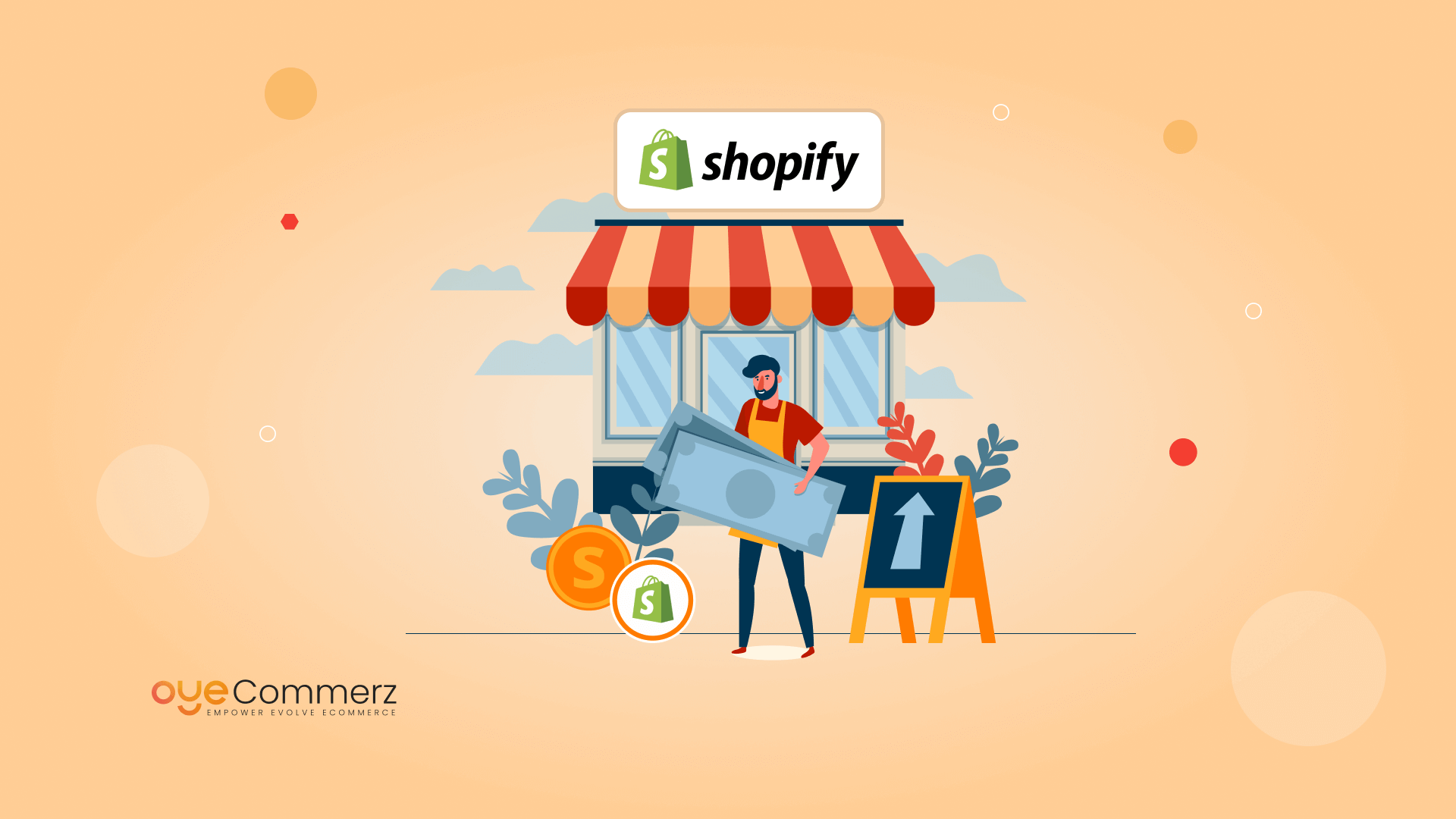Introduction
In the current cutthroat e-commerce landscape, standing out is paramount, and one of the best ways to differentiate a Shopify store is through custom app development. A robust Shopify app can boost store capabilities, streamline operations, and elevate customer interaction. This article explores key elements of Shopify app development, from API integration to growth techniques and digital marketing approaches, offering a roadmap for companies seeking superior store performance.
The Importance of Shopify API Integration
Shopify’s API provides powerful tools to personalize and extend store functionalities. With the GraphQL and REST API options, developers can access data to create apps that manage inventory control, order processing, and customer information management smoothly. Integrating Shopify’s API can enable improved workflow automation and enables stores to assist shoppers more effectively.
Adopting the Polaris Design System
Polaris is Shopify's design system for creating user-friendly and accessible Shopify apps. By following Polaris guidelines, developers guarantee that apps seamlessly integrate within the Shopify Admin experience. This ensures a cohesive appearance that appeals to Shopify merchants, encouraging usability and comfort for merchants using your custom app.
Understanding the Shopify App Ecosystem
The Shopify app ecosystem provides numerous opportunities for enhancing e-commerce sites. From handling order fulfillment to increasing customer interaction, apps in this environment are designed to meet various business needs. Familiarizing with this ecosystem assists developers in identifying unique app ideas and allows for smooth connections of external tools that enhance the store.
Building Embedded Shopify Apps
Embedded apps work seamlessly within the Shopify Admin, allowing a seamless experience for merchants. They ensure that merchants do not need to navigate away Shopify store success tips from their Shopify control panel, simplifying their process. Employing Shopify App Bridge and embedded app features is recommended for providing a cohesive, integrated user environment.
Leveraging Node.js and React for Shopify Development
The technologies Node.js and React have become top options for Shopify app development. This server-side framework enables high-performance back-end services, while React allows for dynamic, responsive front-end user interfaces. Combined, they offer an strong platform for building fast, scalable Shopify apps that improve store functionality and customer engagement.
Webhooks in Shopify Apps
Webhooks enable instant data updates between Shopify and an external app. They initiate events such as new orders or inventory updates and provide immediate alerts to your app. By implementing webhooks, apps can deliver real-time insights for store owners, streamlining workflows and increasing productivity.
Customer Engagement and Digital Marketing for Shopify Apps
To ensure Shopify app success, engaging customers is key. Using digital marketing strategies like SEO, email marketing, and social outreach can increase app usage. Additionally, designing apps with customer engagement in mind (e.g., loyalty programs or personalized recommendations) increases user loyalty and satisfaction.
Making Your Shopify App Scalable
As e-commerce businesses grow, so do their technological needs. Ensuring that your app can manage increased traffic, larger data sets, and more advanced functionalities is critical. By optimizing server capacity and implementing scalable solutions, you can develop apps that expand in parallel to a store’s success.
Important Features and Maintenance Tips for Shopify Apps
For an app to be effective, it should offer key capabilities like user login, dashboard analytics, and customer support options. Regular app upkeep, with updates to fix bugs and ensuring compatibility with new Shopify functionalities, is important to maintain uninterrupted performance and avoid interruptions to business processes.
Summary
Custom Shopify app development holds vast potential for e-commerce stores, providing the chance to improve performance, simplify operations, and build customer relationships. With API integrations and Node.js to focusing on scalability and customer engagement, building a Shopify app involves careful planning and Custom app solutions for Shopify well-planned actions. If you’re prepared to unlock your store’s full potential, a custom Shopify app could be the ideal solution. What features do you envision for your dream application? Share your ideas and begin the journey to an optimized e-commerce experience!
